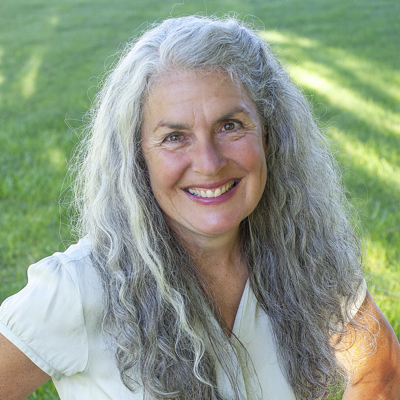Do you know who Fredric Bastiat is? I met him last year when I read this book: The Economics of Freedom: What Your Professors Won’t Tell You. In it he makes a thought provoking comparison between two brothers and their affect on the economy. One brother gives indiscriminately, lives beyond his cash flow, and when his fortunes decline with time, must seek the support of others. The other brother manages his spending and hiring to live well within his income, personally evaluates how to help individuals in ways that encourage industry by all, saves and invests in a systematic way, and proceeds to increase the prosperity of the whole community. I do not attempt to thoroughly summarize the whole book here, but I submit that this is merely one example of how those who work hard and invest wisely do so to the benefit of many. Unfortunately, such wisdom and self-discipline are often labeled things like “hoarding” or “stinginess.”
Do not confuse thrift with austerity, however. What is available to be enjoyed within the limits of one person’s budget may be folly for another. We are allowed, based on our means, to decide which comforts and conveniences improve our lives and families. Also, many so-called conveniences often increase our productivity, whether it be in terms of time advantage or enhancement of our well being.
Yet, those who work, invest, and prosper are looked down upon. It is somehow held against them that they can set aside a certain sum of money, and therefore, it is argued, it is not rightfully theirs. No matter that people (and families) move up and down the economic ladder depending on these habits, even within despotic government systems. While some may benefit from oppressive and dishonest policies, many born into blessing will lose that benefit without adhering to the same good financial practices of those who built up the family coffers.
It is interesting to me that I will hear the same people who claim that such wealth is “stolen” from the “worker,” turn around and complain about a friend or family member who is taking advantage of them. They seem to see the truth of the economic matter when it gets to really affecting them and their efforts, but allow jealousy to cloud their reason when talking about those who currently have more resources than themselves. They generally want as much as they can bargain for in the way of wages, but somehow it is evil for someone to profit more than them. Everyone may have equal value as a person, but everyone does not equally use their opportunities. To come full circle to the premise, those who use their opportunities most fully bring the greatest benefit to ALL.
Those who use their skills, opportunities, talent and money to create something that others want and can use, in effect create wealth. Whatever aspect of life the product or service augments, there comes with it more time to apply to other areas of life. Competition to provide these things to those who would buy them leads to more efficiency and cost effectiveness in the businesses. That makes it so that more can be done with the same sum of assets that any one person has. The creation of wealth in the society brings increased opportunity to all.
Since it takes money to engage in these business enterprises, someone needs to invest in them. There is a risk, so those who are deciding how to channel their money tend to examine the options. The wise financial backer will try hard to choose the best ideas combined with the best management. Not only will good choices bring some reward to those who take this calculated chance, but it will lead to a more thriving community.
There is certainly a time and place for helping those who are struggling, but an emphasis on volunteering or giving for the sake of giving ends up harming the opportunities for all. The efforts of those who are trying to earn a livelihood are undermined. They cannot compete with “free.” Those who regularly expect and receive free things do NOT optimize their resources. They have nothing at stake. Those who do work are discouraged because there is no benefit. A system of unrestrained giving stimulates corruption, because when no work is involved, the criteria for who gets what has to be decided by some other competing force. To unwisely give is the exact opposite of investing wisely. It brings the demise of the community, whether it be local or global.
So, be content to begin with what you have, then make the most of it. The basics of economics are simple and clear enough to master and use as a basis for future wise financial choices. Do not be swayed from it by politics or propaganda. Learn to defend your path to prosperity because it is truly shared by all.

Well put, and encouraging, as well. 🙂
Thanks, Mom –
The undermining characteristics of volunteering are what I have been thinking most about recently. I knew before that volunteers did not have much motivation, but I didn’t understand until recently, as you’ve been mentioning, that volunteering is generally detrimental to the economy.